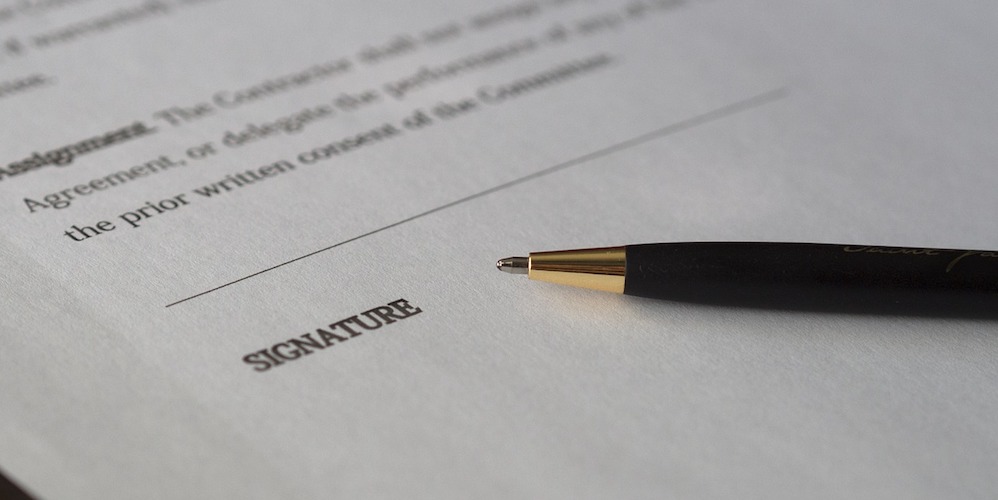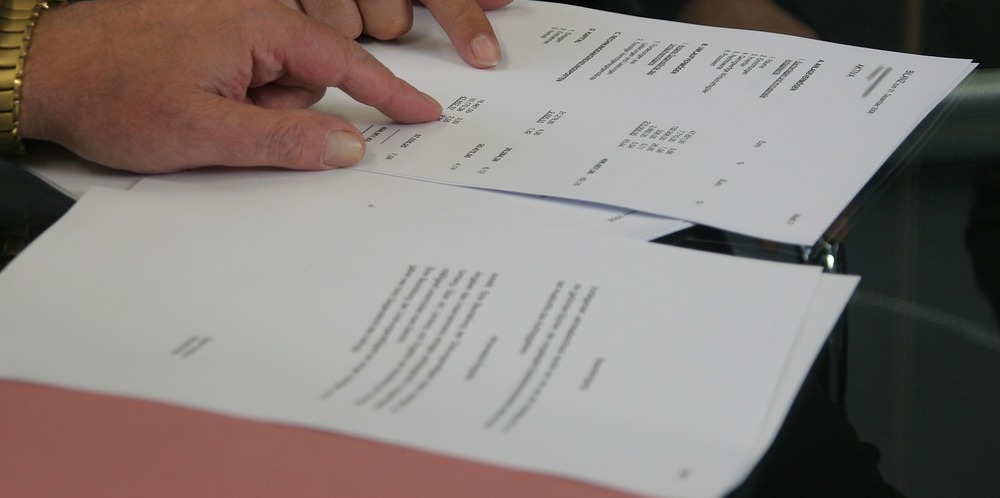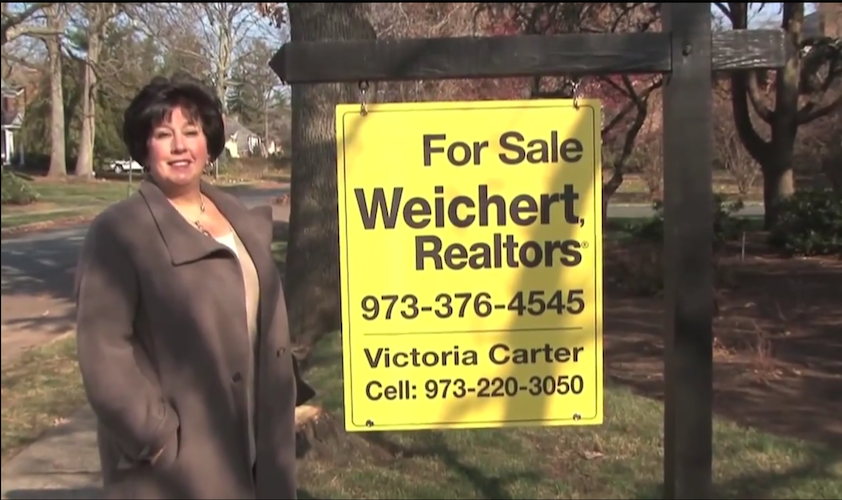
STEP TEN: THE CONTRACT
07/26/2017
STEP SEVEN: DECIDING ON THE RIGHT HOME FOR YOU
07/27/2017 STEP NINE: EVALUATING OFFERS
STEP NINE: EVALUATING OFFERS
Consider these areas when evaluating any offers you receive from interested purchasers.
- Price
Obviously, price is a major consideration. How close is the offer to your asking price? Is the market strong – do you have a good chance of getting more if you wait? - Contingencies
Virtually all home purchase contracts have some Contingencies– and many of these are extremely reasonable. But it’s important to consider the potential of these conditions to affect or terminate the transaction. It may be advisable to accept a lower price with few contingencies over a higher figure with a large list of conditions.- Contract Contingency Checklist
A home purchase contract typically includes contingencies to protect the parties against uncertainties and to allow the buyer sufficient time to complete the required checking and other tasks prior to closing. Most of these contingencies will probably be included in any contracts you receive.- Attorney Review
Every home purchase contract should be expressly contingent upon review and approval by an attorney. Many states provide for an automatic review period regardless of the specifics of the contract. - Financing
The contract will probably be contingent upon the purchaser obtaining a mortgage commitment within a set period of time. The contract generally stipulates that the loan should be at “market” rates and terms – so the buyer can’t be compelled to accept an unfair loan if that is all that is available. - Inspections
The contract will probably allow the buyer a reasonable period of time to arrange for required inspections. The exact inspections necessary vary with area, but typically include general home inspection, termite/pest inspection, and a radon test. - Appraisal
This is partially covered with a financing contingency, since the buyer will not obtain a mortgage if the property fails to appraise. Nevertheless, it is sometimes included separately – for example, when a buyer does not need mortgage but wants an appraisal anyway. - Repairs and cleanup
If the purchaser’s willingness to buy is based upon certain action by the seller – making a repair or removing excessive garbage or debris, for example – the contract will probably contain a contingency to that effect. - Sale of buyer’s home
Some contracts are contingent upon the sale of the buyer’s home to another party. Be very careful with this type of contingency. - Special contingencies
Some transactions require special conditions. For example, if the home needs a lot of work the buyer may want a contingency period to get pricing from contractors.
- Attorney Review
- Contract Contingency Checklist
- Pre-qualified Buyers
Buyers who are pre-approved for mortgage financing are among the strongest purchasers. Not only do these buyers already have funding in place – they are also typically among the most credit-worthy buyers. - Beware the Home Sale Contingency
Offers are sometimes conditioned upon the sale of the buyer’s current home prior to the closing. This is an extremely onerous condition. You simply trade the risk of selling one home for that of selling a different one – and you have far less control over the marketing of the buyer’s house. - Seller Financing
Some offers are contingent upon the seller taking back financing. The exact terms can vary considerably, however it is usually not advisable to accept this type of deal unless there are no alternatives. Apart from the fact that most sellers want to cash out in order to buy a new home, holding a mortgage can be risky, involving costly legal enforcement actions if the borrower defaults. With the number of mortgage programs available from lenders, a buyer who demands financing from the seller is probably a high-risk borrower. - What Does the Buyer Want You to Do?
Few homes are in perfect condition, yet a buyer may expect to receive yours in pristine form. A purchaser who expects to buy a 50-year-old house in flawless condition is unrealistic – and could turn out to be a difficult buyer. While you should expect to repair any major problems, beware of a purchaser who seems excessive in his or her demands.- Major Repairs Checklist
Whether or not to spend the money to get your house in tip top shape is a marketing decision – but repairing major problems isn’t. Try to correct any of the following issues before your home hits the market. If you don’t, any offers will probably be on the low side – and contingent upon your repairing the items anyway.- Leaking roof
- Malfunctioning heat or air conditioning
- Problems with electrical or alarm systems
- Leaking or broken plumbing system
- Malfunctioning septic system
- Broken windows
- Structural problems
- Correct any code violations
- Major Repairs Checklist
- Handling Multiple Offers
If you are fortunate enough to receive multiple offers, make sure to review each one carefully. If one party is significantly stronger than the other(s), or one offer has fewer conditions you may want to try work with that buyer first. After reviewing the terms of the offers – and discussing them with your agent – you can submit a counter-offer to all of the parties. - Counter-Offers and Negotiation
Negotiation is very common in the real estate markets. When you receive an offer for less than the asking price you have three choices – accept it, reject it out of hand, or make a counter-offer.





